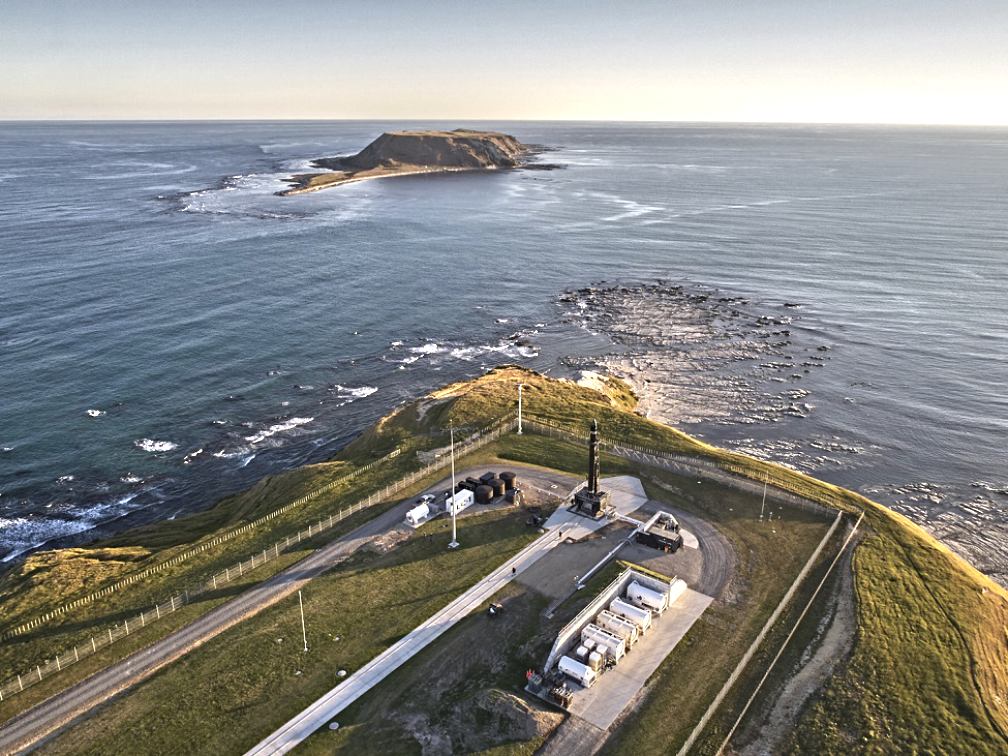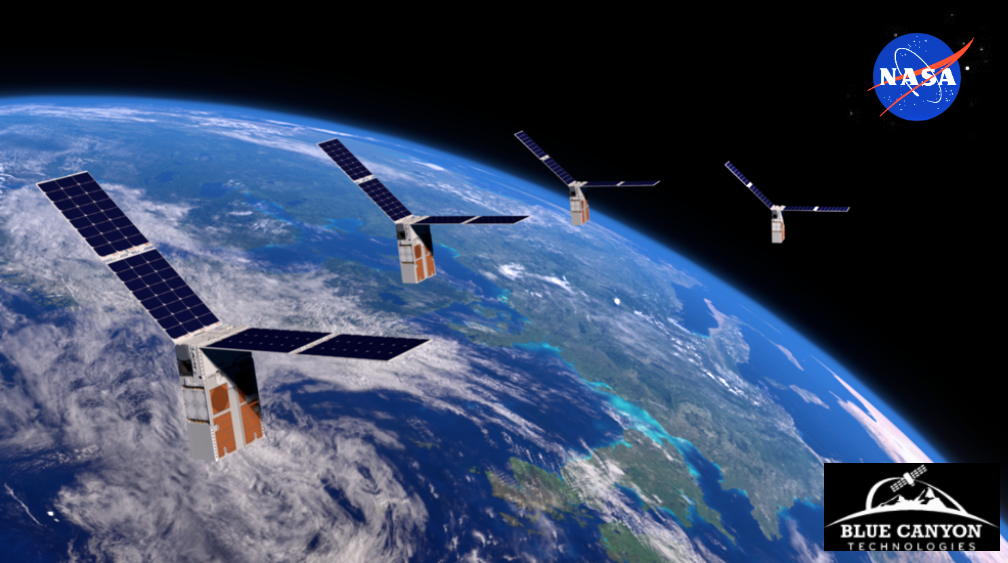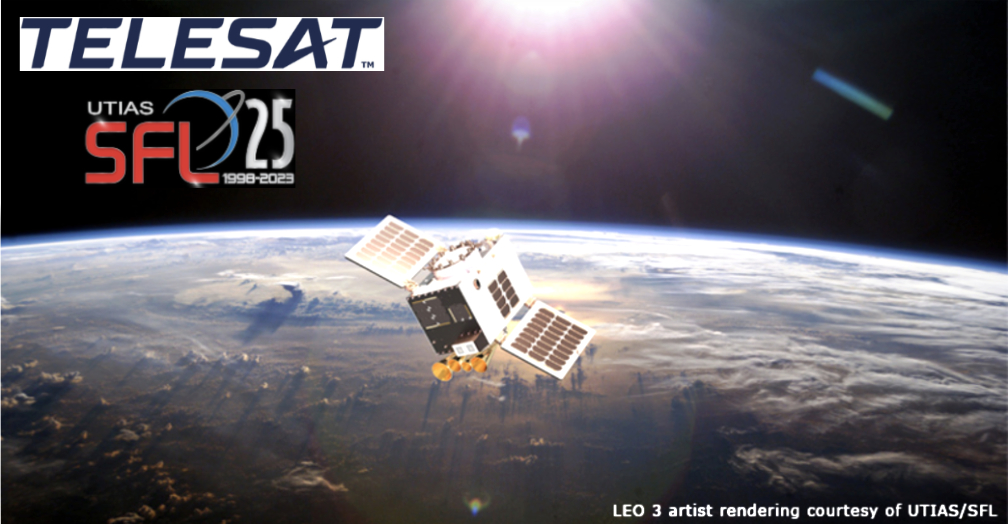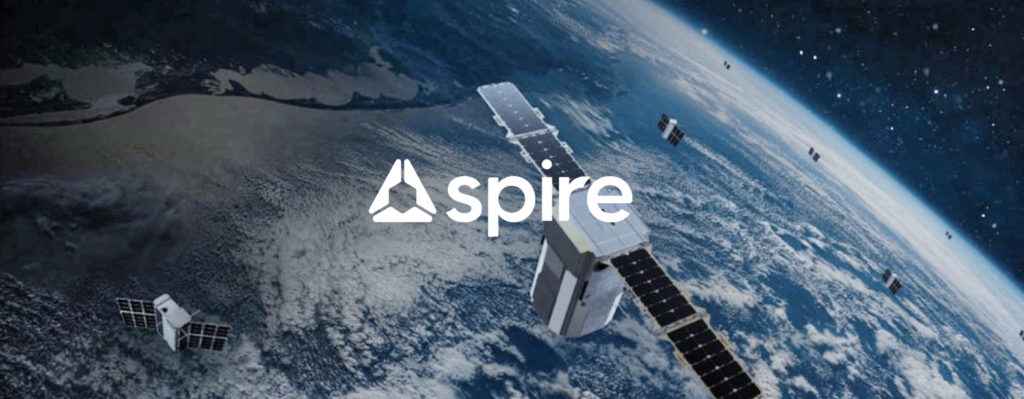
Rocket Lab USA, Inc. (Nasdaq: RKLB) has announced that the company’s next Electron mission will deploy seven satellites to space and will include an attempt to recover the rocket’s booster after launch.
The ‘Baby Come Back’ mission, Rocket Lab’s 39th Electron launch, is scheduled to deploy from Pad A at Rocket Lab Launch Complex 1 in Mahia, New Zealand during a launch window that opens on July 14, 2023, UTC.

Rocket Lab is also planning to conduct a marine recovery of Electron’s first stage as part of this mission. Rocket Lab’s recovery team will retrieve Electron using a customized vessel and transport the stage back to Rocket Lab’s production complex for analysis. Data from this recovered stage will inform Rocket Lab’s ongoing recovery and reuse program.
The ‘Baby Come Back’ mission is a rideshare mission and will carry satellites for multiple customers.
Payloads aboard the ‘Baby Come Back’ mission include…
- NASA
NASA’s Starling mission is a four CubeSat mission designed to test technologies to enable future “swarm” missions. Spacecraft swarms refer to multiple spacecraft autonomously coordinating their activities to achieve certain goals. Starling will demonstrate technologies for in-space network communications, onboard relative navigation between spacecraft, autonomous maneuver planning and execution, and distributed spacecraft autonomy — an experiment for small spacecraft to autonomously react to observations, paving the way for future science missions.

- Space Flight Laboratory (SFL)
Space Flight Laboratory (SFL) selected Rocket Lab to launch Telesat’s LEO 3 demonstration satellite that will provide continuity for customer and ecosystem vendor testing campaigns following the decommissioning of Telesat’s Phase 1 LEO satellite.

- Spire Global
Spire will launch two 3U satellites carrying Global Navigation Satellite System Radio Occultation (GNSS-RO) payloads to replenish its fully deployed constellation of more than 100 multipurpose satellites. Spire’s satellites observe the Earth in real time using radio frequency technology. The data acquired by Spire’s GNSS-RO payloads provide global weather intelligence that can be assimilated into weather models to improve the accuracy of forecasts. Spire is the largest producer of GNSS-RO weather data, collecting over 20,000 RO profiles a day.

“This mission demonstrates Rocket Lab’s ability to provide responsive space capabilities on accelerated timelines by making access to space possible for customers when they run into roadblocks. Electron is the world’s most reliable small launch vehicle and is demonstrating it can deliver customer’s payloads on their schedule.” — Peter Beck, Founder and Chief Executive Officer, Rocket Lab
